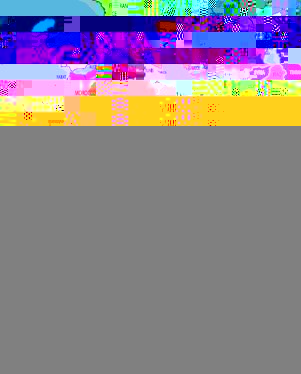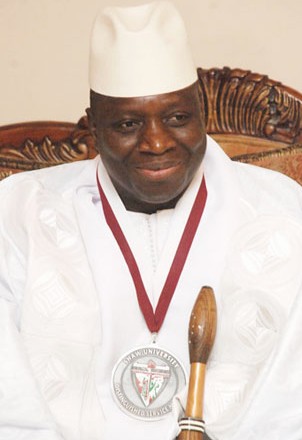|
Africa Media | Science - Education Press Freedom Index for Africa "a joke"
South Africa is only fifth on the list of African countries when it comes to press freedom, according to RSF's 2010 index, falling significantly behind Namibia, Cape Verde, Ghana and Mali.
That is not the case in Ethiopia, where government easily withdraws printing permissions for media reporting too critically. It is not the case for Morocco, which arrests its best journalists. It is not the case in Chad, where legal improvements seemingly hide the fact that the many wrongdoings of the Idriss Déby dictatorship simply cannot be revealed in the national press. The worst insult for the Nigerian press must be to be ranked behind The Gambia, one of the world's top-ten media predator countries. No independent media exists in the dictatorship of Yahya Jammeh. Critical newspapers were closed down and their journalists killed and tortured. Even journalists not hailing President Jammeh strongly enough are put on the street by presidential orders. Nonetheless, RSF ranks The Gambia as a country where press freedom is improving. Allegedly, freedom here is greater than in Cameroon - which has some embattled independent media - and Algeria, Egypt and Congo Kinshasa (DRC). It is an insult to Gambian journalists. "Totally flawed methods" How could this strange ranking come into being? RSF is an important and professional organisation that should be highly respected for its great daily work to protect and promote press freedom around the world. RSF has already made and is making a difference, also in Africa. The erroneous ranking comes from the fact that RSF is not professional when it comes to assess media freedom at large. The organisation's basic, routine work is to document, report and protest violations of press freedom on a daily basis, be it by government, institutions, armies, terrorists or companies. The "Press Freedom Index 2010" first and foremost "measures the violations of press freedom in the world," according to RSF itself. This ranking "is based solely on events between 1 September 2009 and 1 September 2010," the organisation's notes on methodology further reveal. This is where it all goes wrong. The ranking is based on "events", not the root situation in each country. It therefore does not measure and rank the press freedom situation in the world, but rather measures where something has happened during the last year. Therefore, The Gambia is rapidly advancing on the RSF ranking, surpassing for example Nigeria. There is just not so much more that can happen of new "events" in The Gambia since the country's true journalists are already in jail, dead or exiled. In Nigeria, on the other hand, there are many "events". Journalists are attacked from many places, not only government. Working conditions are tough in Nigeria. But press freedom and media diversity is still able to survive and be relatively fit - something that is not measured. In South Africa, RSF is among many press freedom organisations rightly criticising a new media bill that could have a negative effect on press freedom. Also, the state broadcaster 'SABC' is said to have been forced somewhat more in line with government, and finally, several politicians - not government - have caught on a tougher tone on the media. There are many "events" in South Africa. But in general, these events have not - at least not yet - significantly influenced the role and freedom of South Africa's media. RSF says it also uses questionnaires to assess the "state of press freedom in each country." But also the questionnaires have a major focus on "events", although including issues such as the legal framework for the media. But to rightfully assess the "state of press freedom in each country," one needs much more information and a much more professional approach. One needs to know the width of the media landscape, its financial muzzles, its means to reach out to readers and listeners, its influence on national politics, its capacity to investigate power abuses, its ability to include all parts of society, and so on. As it is now, the RSF "Press Freedom Index" therefore is misnamed, misleading and flawed. And as RSF is an influential organisation, such grave errors can do much harm. One would expect more professionalism from a marvellous institution such as RSF. By Rainer Chr. Hennig © afrol News - Create an e-mail alert for Africa news - Create an e-mail alert for Media news - Create an e-mail alert for Science - Education news
On the Afrol News front page now
|
front page
| news
| countries
| archive
| currencies
| news alerts login
| about afrol News
| contact
| advertise
| español
©
afrol News.
Reproducing or buying afrol News' articles.
You can contact us at mail@afrol.com









